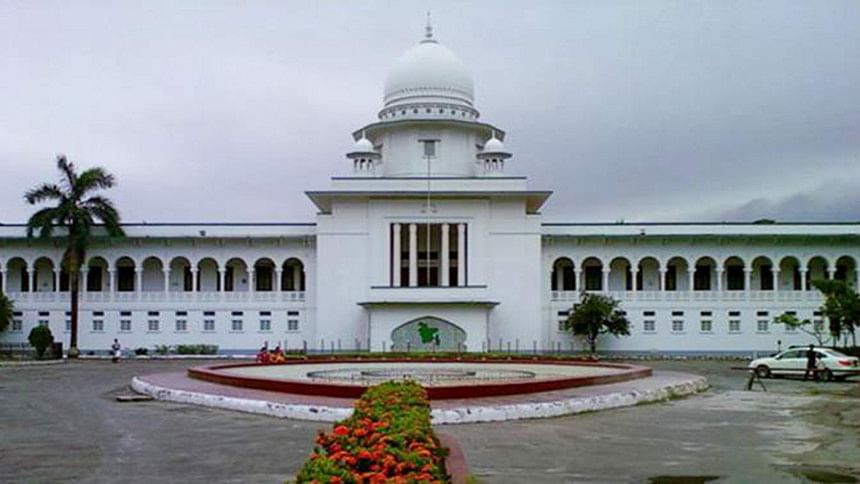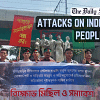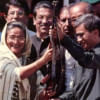SC hearing on CHT regional council adjourned till March 6

The Supreme Court today adjourned till March 6 hearing on the appeals filed against the 2010 High Court verdict that declared the Chittagong Hill Tracts (CHT) Regional Council illegal and unconstitutional.
Following two separate writ petitions, the HC in April 2010 delivered the verdict observing that the state’s unitary character, which is the basic feature of the constitution, has been hampered due to formation of the regional council.
The council can now run since the HC verdict has been halted following a SC stay order.
A five-member bench of the Appellate Division headed by Justice Md Abdul Wahhab Miah, who is performing functions of the chief justice, was scheduled to hear the appeals.
The apex court bench passed the adjournment order following a time prayer moved by Advocate AJ Mohammad Ali, lawyer for a writ petitioner, saying that he was busy with some urgent cases.
The SC’s earlier stay order (April 2010) will continue until disposal of the appeals, Additional Attorney General Murad Reza told The Daily Star today.
The CHT regional council has been functioning under the leadership of Jyotirindra Bodhipriya Larma, popularly known as Santu Larma, since its formation in 1999 following the signing of the CHT Peace Accord 1997.
Following two separate writ petitions filed by Bangalee settler M Badiuzzaman and the SC's pro-Jamaat-e-Islami lawyer Tajul Islam on April 13, 2010, the HC declared the CHT Regional Council Act 1998 illegal and unconstitutional.
The Appellate Division on March 3, 2011 upheld the chamber judge's stay order and allowed the government and Santu Larma to move separate appeals before it against the HC verdict.
Later on, the government and CHT Regional Council filed two separate appeals with the SC, saying that the regional council is a statutory authority to facilitate the functions of three hill district councils and was formed in line with the constitution.
The provisions of the regional council act, which have been declared unconstitutional by the HC, are actually protected by the constitution, as it provides for an affirmative action in favour of a backward section of the population, they said in the appeals.

 For all latest news, follow The Daily Star's Google News channel.
For all latest news, follow The Daily Star's Google News channel. 







Comments